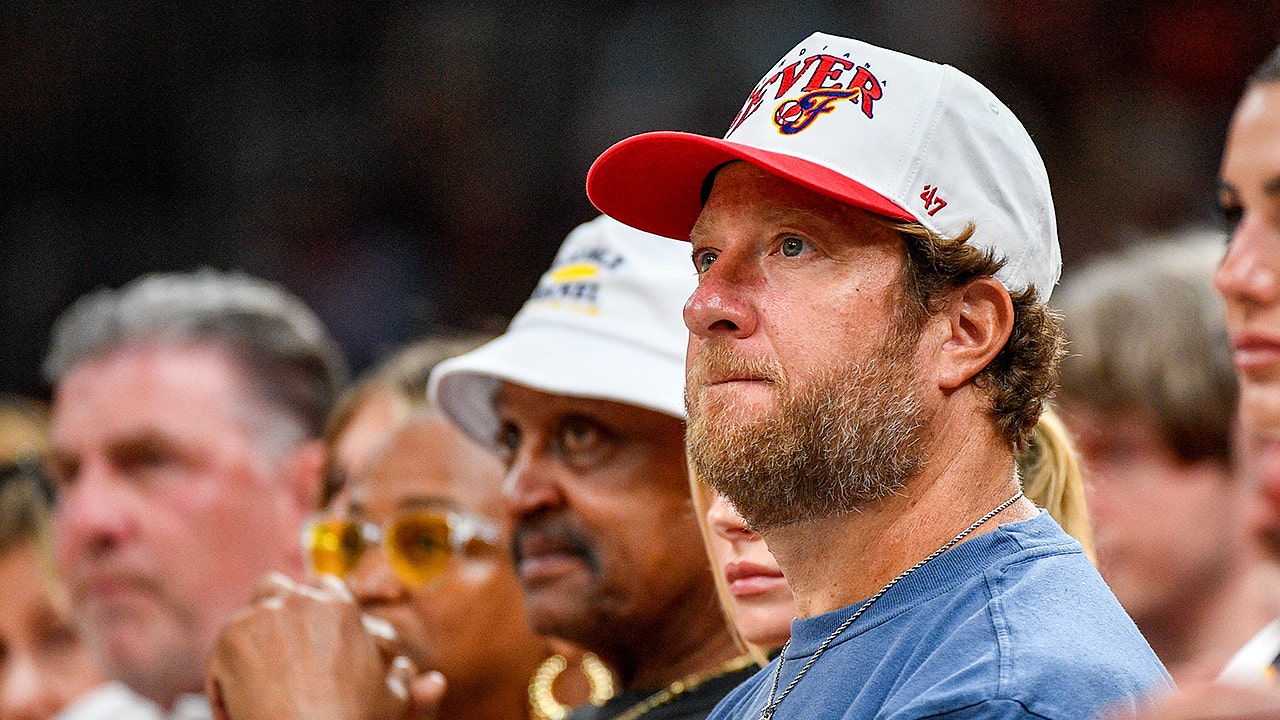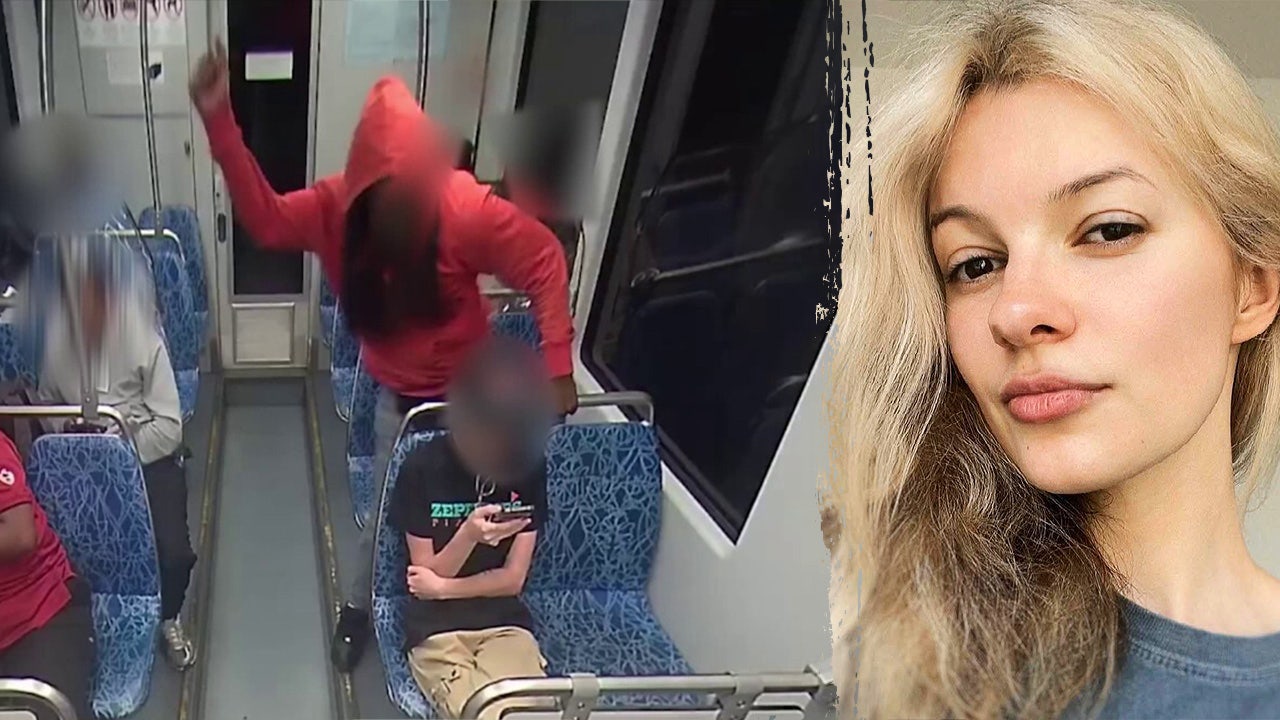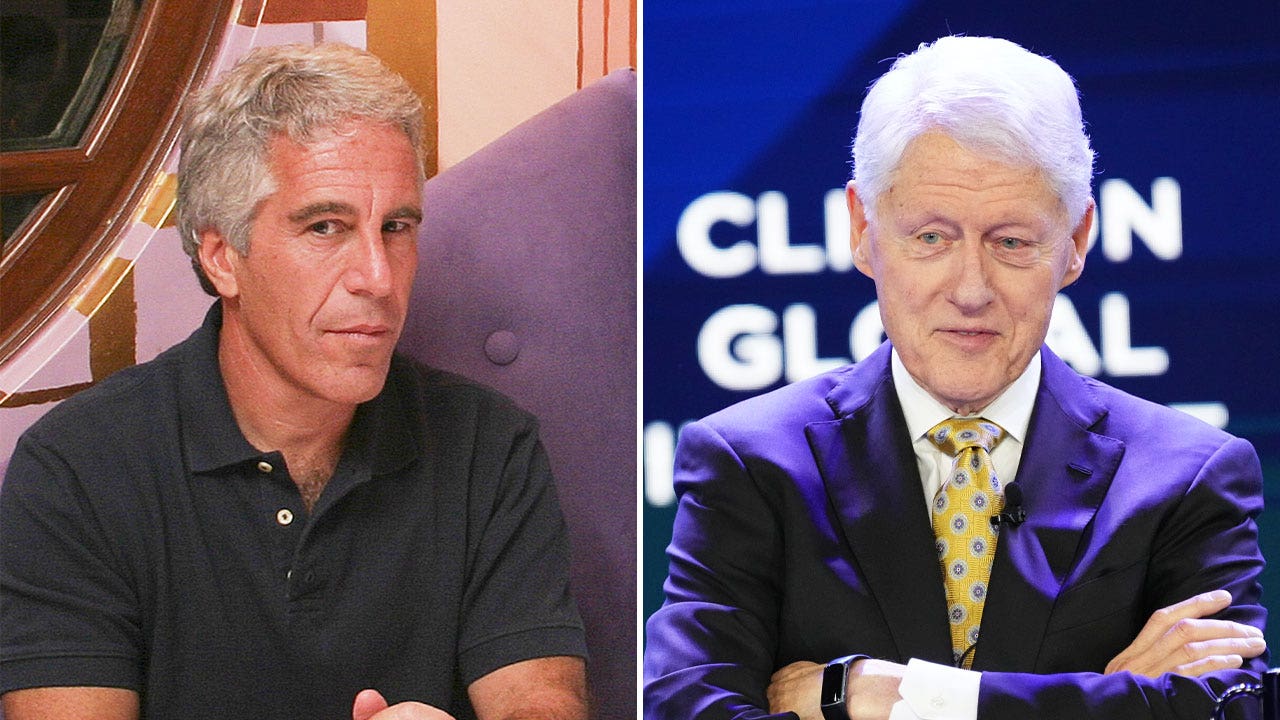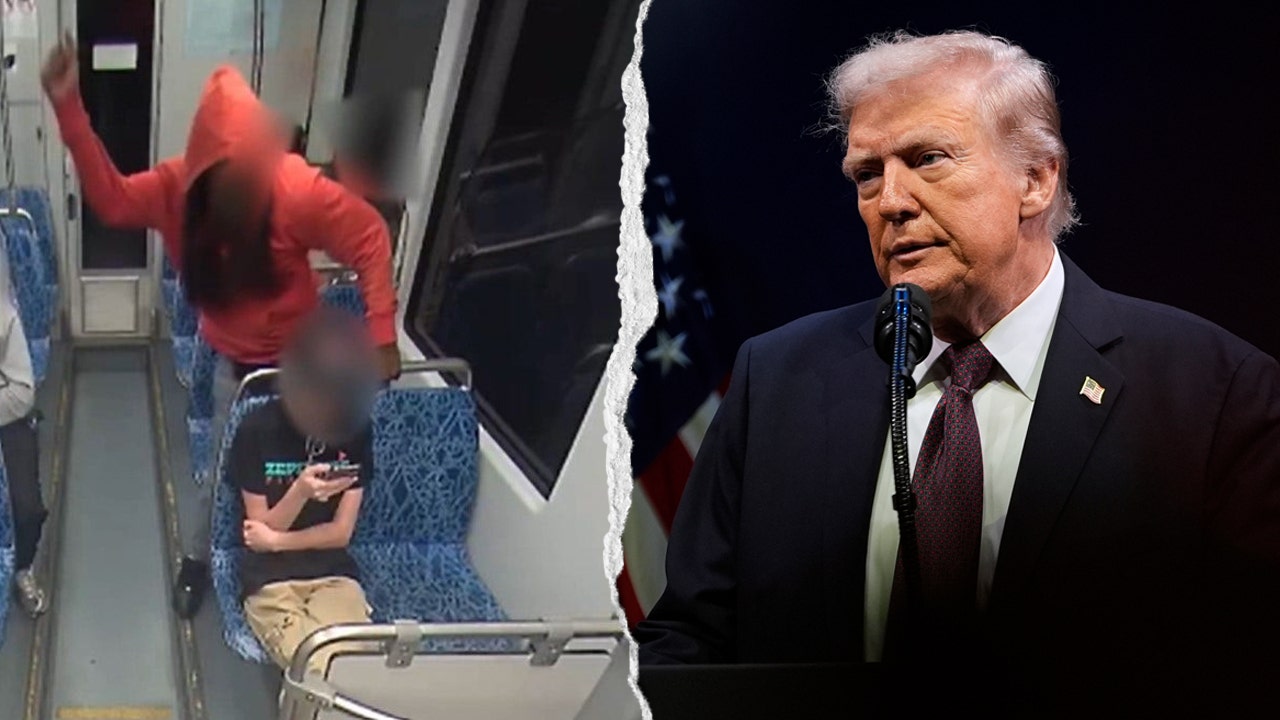Supreme Court chief tells law grads how justices handle divisions after recent clashes
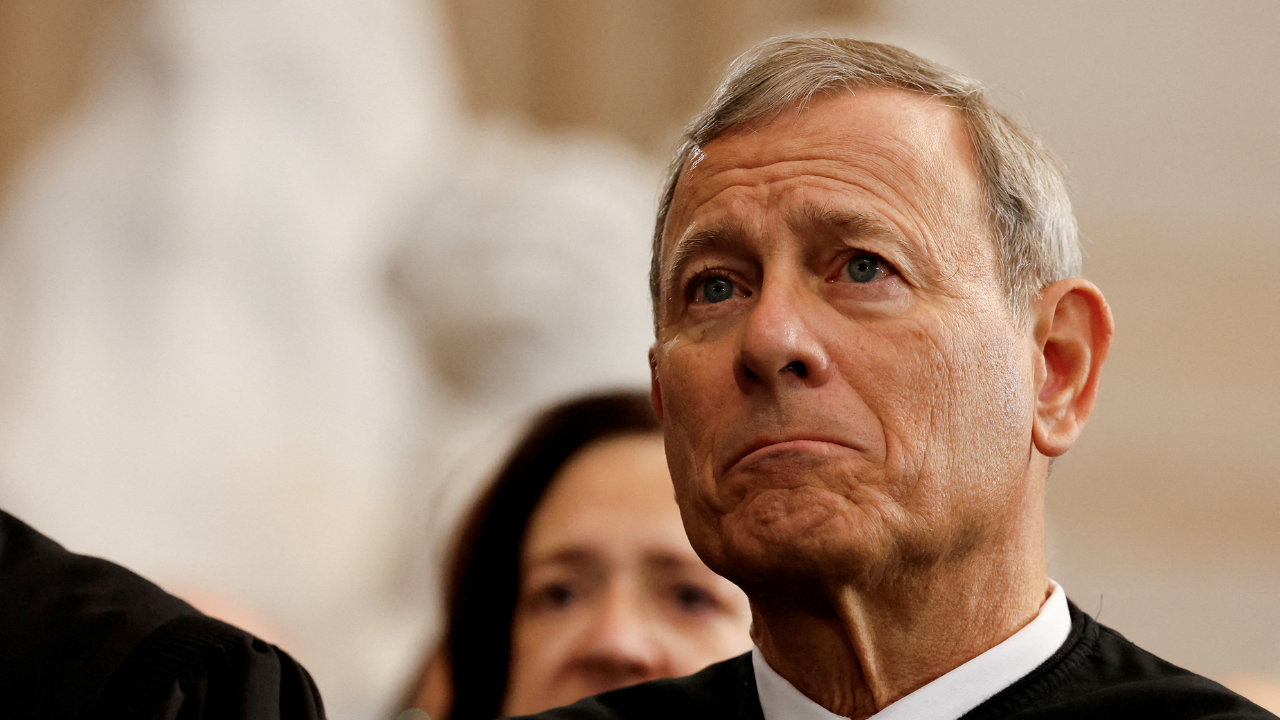
Chief Justice John Roberts recently addressed Georgetown Law’s newest graduates, emphasizing the importance of collaboration across ideological lines. In a fireside chat with Georgetown Law’s dean, William Treanor, Roberts highlighted the necessity for individuals with strong disagreements to work through their differences, especially in the context of the Supreme Court.
Roberts expressed his concerns about the current political divisions and the lack of understanding among young people about how the justice system functions. While he refrained from citing specific examples, his comments coincided with President Donald Trump’s criticism of judicial decisions that have hindered his second-term policy agenda.
Despite the frequent disagreements among Supreme Court justices, Roberts emphasized the significance of maintaining respectful relationships. He acknowledged that some of the harshest criticisms of court rulings come from fellow justices, but stressed the importance of rising above these differences and upholding a sense of decorum.
Roberts highlighted the need for justices to work together on challenging issues, even if they may have personal grievances. He emphasized the importance of fostering positive relationships to avoid the toxic dynamics that plagued earlier generations of the court.
As the Supreme Court prepares to hear several key cases and emergency appeals from the Trump administration, Roberts’ remarks underscore the importance of unity and collaboration within the highest court of the land. The court is set to address a range of significant cases, including those related to education, religious liberty, election redistricting, and various Trump-era executive actions.
In the coming months, the Supreme Court will deliberate on contentious issues such as the ban on transgender military service, efforts to reinstate fired federal employees, and the use of the 1798 Alien Enemies Act to expedite deportations. One of the most anticipated cases involves Trump’s executive order on birthright citizenship, with the administration challenging lower court injunctions that blocked the order on a nationwide scale.
Roberts’ message of unity and cooperation serves as a timely reminder as the Supreme Court navigates these complex legal challenges. By emphasizing the importance of working through disagreements and maintaining respectful relationships, Roberts underscores the vital role of collaboration in upholding the integrity of the justice system.

